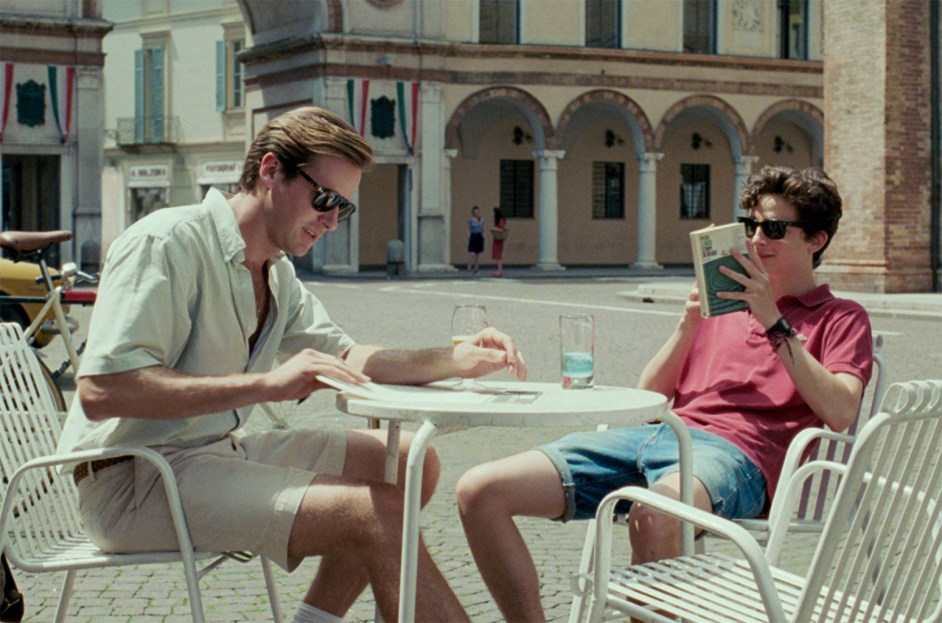“His voice is so angelic,” the director of your Luca Guadagnino calls me about the singer and composer Sufjan Stevens, whose music acts as a “type of narrator” of the romantic drama of maturity.
The film, which takes a position in 1983 and presents Timothee Chalamet and Armie Hammer, also has a handful of European pop tubes that then contemporaries, the vintage rock of “Love My Way” psychedelic and a variety of old pieces.
Guadagnino says about the inclusion of Stevens and his music: “I looked for paintings in a contribution from the point of view of the music that can give the film an exact identity that passed to pass beyond the philological facet of the 80s and musical observation of classical music.
Here are extracts from our interview with Guadagnino, which can be heard in the Podcast Pop store:
Why the voice of [Stevens] and its flavor to music for the film?
Because I was looking to have a type of narrator, without having a general narrator.
It is a bit like listening to Elio’s monologue [Chalamet], in a way, when you listen to his music.
You approached him to write to and ended up giving them two (“Mystery of Love” and “Visions of Gedeon”) Array . .
And then he adapted “useless devices” of Adz’s age for piano.
When he wrote music, he wrote music before the movie Shotarray.
He sent us the music, I would say, a week in the filming. And we were surprised when we understood.
Now, what happens to make music? Was it just the script and the book?
Script, book, conversation.
I sent him photographs or photos of the town [Elio’s house]?
Mmmarray . . I don’t think.
When you talked to him to write music, did you say that you looked for her for an express scene, or simply said “be animated and we will put it in the movie somewhere”?
Actually? So, when you recovered the songs, did you know where you would put them in the movie? Because the scenes they are, and I do not need to spoil it to occur . . . those are very vital scenes.
Once I heard them, “Visions of Gedeon”, without delay I detected that it would be the last song of the movie. And “mystery of love”, we talk to Walter [Fasano], briefly, my editor, and we know him with the moment they [Elio and Oliver, the character of Hammer] are walking. For “useless devices”, it is more at work. But when we saw the movie, when we saw the precipitation of the scene in which Elio thinks, and he thinks melancholicly of Oliver [for whom Elio fell in love], is when he seized us the concept that the correct position [for the song].
When you recovered the songs for the first time, I read that you played them for Armie and Timothee. You and affirm them and played the songs for them. How did they react when they heard music for the first time?
Well, we were in my living room. I was me, Walter, Armie and Timothee. And I don’t forget that it was happiness and emotion. It was a wonderful moment, because we were already very close, but it is anything you cannot describe, in some way. Because you know that when you make a movie, you can make a movie like work, or you can make a movie like a life. And we made a movie that was a life, of our lives, intertwined. And then we listen to this music, and the depths of our commitment to the movie, I think, were much more wonderful. And we have wrapped in this magic. We continue paying attention to the songs for one afternoon.
Added by
Mousart
WRITE A COMMENT
WRITE A COMMENT



No comments yet